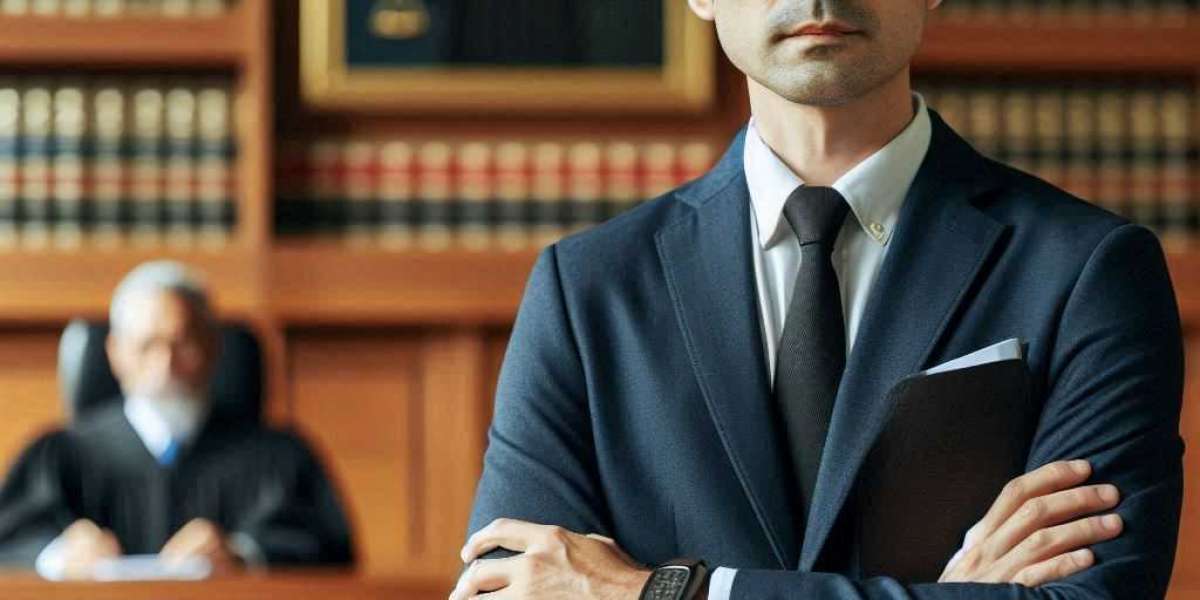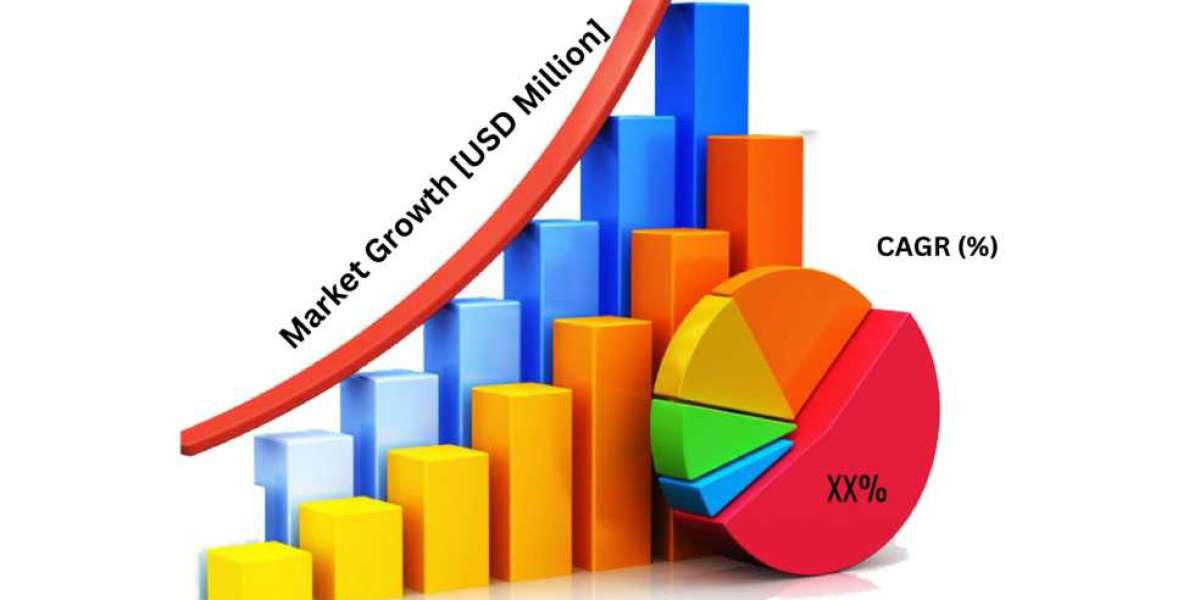In the complex world of litigation, success often hinges on the strength and clarity of expert testimony. One specialized professional who can offer pivotal insight is a Human Factors Expert Witness. These experts evaluate how human capabilities and limitations impact behavior, decisions, and outcomes in various situations—from workplace accidents to product usage and vehicle collisions. But the question arises: When exactly should you hire a Human Factors Expert Witness?
In this article, we’ll explore when it's appropriate to engage a Human Factors expert, what kinds of cases benefit the most from their expertise, and how a brand like Evidence Solutions can help provide reliable experts to support your case.
Understanding Human Factors
Before diving into the timing of hiring an expert, it's important to grasp what Human Factors really means. Human Factors is an interdisciplinary field that combines psychology, engineering, biomechanics, and design to study how humans interact with systems, environments, and products. This field focuses on preventing errors and enhancing safety, efficiency, and usability.
In legal contexts, Human Factors plays a vital role in determining if a person acted reasonably under given circumstances or if a product or environment was designed to accommodate human behavior appropriately.
What Does a Human Factors Expert Witness Do?
A Human Factors Expert Witness applies scientific principles to evaluate events involving human interaction. Their analysis may include:
- Examining user interface design and its impact on decision-making
- Evaluating warnings, labels, or instructions
- Reconstructing accidents or errors based on human behavior models
- Analyzing visibility, perception, and reaction time
- Assessing cognitive workload, distraction, or fatigue
Their testimony helps judges and juries understand whether an action or decision was reasonable given human limitations.
Common Case Types Where Human Factors Experts Are Crucial
Certain cases particularly benefit from the involvement of a Human Factors expert. These include:
1. Personal Injury and Premises Liability Cases
Did a person trip over an object that should have been seen? Was the lighting sufficient? A Human Factors expert can assess if the environment was designed safely for human interaction and if the injured party's response was reasonable.
2. Product Liability Cases
When a consumer uses a product improperly, is it always their fault? A Human Factors Expert Witness can evaluate the design, labeling, and instructions of the product. They determine if the misuse was predictable and preventable from a design standpoint.
3. Automobile Accidents
In vehicle collisions, the question may arise whether a driver had enough time to perceive and react to a hazard. Human Factors experts analyze visibility, reaction time, and decision-making to determine what a “reasonable person” would have done.
4. Workplace Accidents
These cases often involve unsafe work practices, ergonomics, or training failures. A Human Factors analysis may help determine if an accident was caused by poor design, unclear procedures, or human error under complex conditions.
5. Medical Malpractice
Medical environments are fast-paced and stressful. Errors may occur due to system design flaws, not just individual negligence. A Human Factors expert can assess staffing levels, information presentation, and equipment usability in these cases.
6. Aviation and Transportation Incidents
Pilots, drivers, and operators often make split-second decisions. Experts in Human Factors can explain how cockpit layouts, alerts, or procedures contribute to or prevent accidents.
When to Hire a Human Factors Expert Witness
Engaging an expert early in your case can be the difference between building a compelling argument or scrambling to refute opposing testimony. Here's when to consider hiring one:
1. During the Case Evaluation Phase
If your case hinges on questions about perception, judgment, behavior, or decision-making, a Human Factors expert can help determine early on whether the case has merit or not. This can save time and resources.
2. When Technical or Behavioral Analysis is Needed
When a case involves user error, signage, product use, or environment interaction, a Human Factors expert provides a scientific basis for understanding human behavior and limitations. Their input is especially useful in preparing for cross-examinations or depositions.
3. To Counter Opposing Expert Testimony
If the opposing side has retained a Human Factors expert, it is critical to have your own. A well-credentialed expert can challenge flawed assumptions or methodologies in the opposition's argument.
4. In Complex or High-Stakes Litigation
The more complex the case, the more likely it is that juries will struggle with technical details. Human Factors experts are skilled at presenting their analysis in simple, relatable terms, helping juries grasp the core issues more easily.
5. When Visual Demonstrations Are Required
Human Factors professionals often provide powerful visual exhibits—such as diagrams or computer animations—to explain their findings. These visuals can be persuasive tools in court.
Choosing the Right Expert: Evidence Solutions
Hiring the right Human Factors Expert Witness is crucial. That’s where Evidence Solutions comes in. With a deep roster of experts experienced in courtroom testimony and scientific analysis, Evidence Solutions offers highly qualified Human Factors professionals who are trained to deliver clear, objective, and defensible opinions.
Whether you're a defense attorney looking to disprove negligence, or a plaintiff’s counsel building a case around user behavior, Evidence Solutions can provide the right fit.
Visit https://evidencesolutions.com/human-factors to explore their team of experts and learn how they can support your next case.
Qualities of a Reliable Human Factors Expert Witness
When hiring a Human Factors expert, look for the following:
- Educational Background: Advanced degrees in Human Factors, psychology, engineering, or ergonomics.
- Experience: Look for professionals who have handled cases similar to yours.
- Communication Skills: They must be able to simplify complex topics for juries and judges.
- Courtroom Experience: An expert should be comfortable under cross-examination and have a history of credible testimony.
- Analytical Tools: Look for experts who use data-driven methods and can back their opinions with scientific literature.
Final Thoughts
The value of a Human Factors Expert Witness in litigation cannot be overstated. From clarifying how human behavior contributes to accidents, to establishing what a reasonable person should have done under specific circumstances, their expertise brings scientific clarity to complex legal disputes.
By hiring a Human Factors expert at the right time—especially with the backing of a reputable provider like Evidence Solutions—you enhance your case's credibility and persuasiveness.
Don't wait until you're in the courtroom. Engage a Human Factors expert early to strengthen your case strategy and deliver compelling, fact-based testimony.








